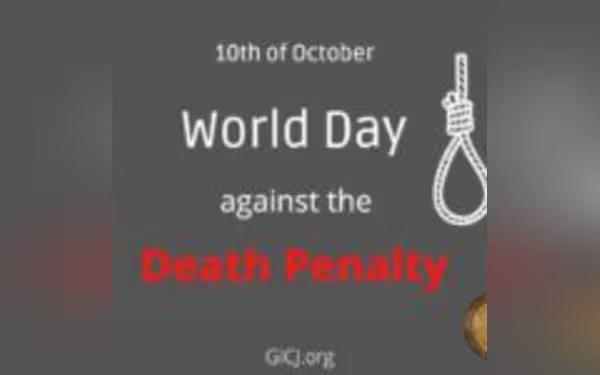Saturday, September 28, 2024 06:11 PM
JJANP Urges Implementation of Juvenile Justice Act 2018 for Child Protection
- JJANP calls for effective Juvenile Justice Act implementation.
- Children must not be held in ordinary prisons.
- Lack of funding hampers legal assistance for juveniles.
 Image Credits: pakistantoday
Image Credits: pakistantodayJJANP calls for the implementation of the Juvenile Justice Act 2018 to protect vulnerable children in Pakistan.
In recent years, the issue of juvenile justice has gained significant attention in Pakistan, particularly with the introduction of the Juvenile Justice Act 2018. This legislation was designed to create a more child-friendly justice system, ensuring that children in conflict with the law are treated with dignity and given a chance for rehabilitation rather than punishment. However, despite the Act's noble intentions, its implementation has faced numerous challenges, leaving many vulnerable children without the protection they deserve.
On the occasion of the World Day Against the Death Penalty, the Juvenile Justice Advocacy Network (JJANP) has raised a clarion call for the effective implementation of the Juvenile Justice Act 2018. During a media briefing, JJANP Convenor Barrister Sarmad Ali emphasized the importance of creating a separate and effective justice system for children. He stated, “The Juvenile Justice Act 2018 is supposed to provide a child-friendly justice system, focusing on the reintegration of juvenile offenders into society.” This highlights the Act's primary goal: to ensure that children are not merely punished but are given opportunities to reform and reintegrate into their communities.
One of the critical aspects of the Juvenile Justice Act is its provision that children should not be held in ordinary police stations or prisons. Instead, they are to be placed in observation homes and rehabilitation centers. This is a significant step towards protecting the rights of children and ensuring that they are treated appropriately within the justice system. However, Barrister Ali pointed out that the authorities have yet to notify the rules of business under Section 24 of the Act, which is essential for its effective implementation. He urged that this should be done without any further delay to ensure that children are treated fairly in courtrooms and beyond.
Moreover, the lack of a proper age determination procedure has led to dire consequences, including wrongful incarcerations and even executions of minors. Ali stressed the need for fair and transparent investigations in criminal cases, ensuring that children are accurately identified as juveniles. He pointed out that without proper medical evidence, such as an ossification test, many children are wrongfully treated as adults, which can lead to severe penalties that are not suitable for their age.
Despite the passage of more than five years since the Act's introduction, there has been a regrettable lack of funding for providing free legal assistance to juveniles. Ali expressed disappointment over this delay, stating, “Despite the lapse of more than five years, funds for providing free legal assistance had not been allocated under the Juvenile Justice Act 2018.” This lack of resources further complicates the situation for many children who find themselves entangled in the legal system without adequate support.
The call for the implementation of the Juvenile Justice Act 2018 is not just a plea for legal reform; it is a demand for the protection of the most vulnerable members of society—our children. As a nation, it is imperative that we prioritize the rights and well-being of our youth, ensuring that they are given the opportunity to grow, learn, and thrive rather than being lost to a punitive system. The future of our society depends on how we treat our children today, and it is time for decision-makers to take decisive action to uphold the principles of justice and humanity.













